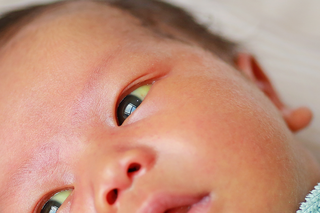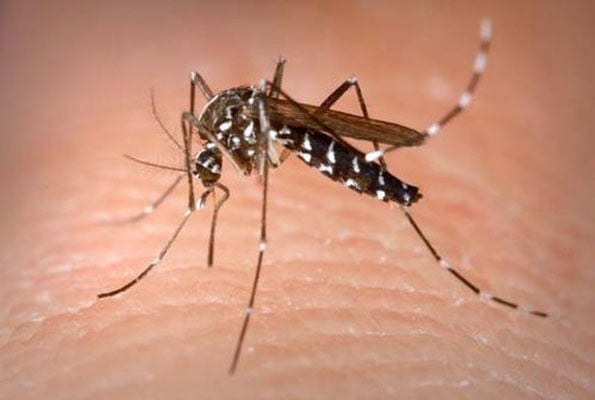Prime
What can I use to treat my baby’s yellow eyes?

What you need to know:
Sometimes, mothers take their children out into the morning sunshine to reduce the jaundice
My four-day-old baby has yellow eyes. I have been advised to take him out in the morning sun but I am afraid he will become too dark. Are there drugs I can give for this condition? Annita
Dear Annita,
Your baby is most likely suffering from what is referred to as neonatal jaundice, a harmless but common condition among newborns. It is usually caused by excessive accumulation of bilirubin, a blood breakdown product.
When in the womb, a baby has a lot of blood to trap the little oxygen there. After birth, babies start to breathe, hence not requiring to have lots of blood to trap the oxygen. The excess blood is then broken down, resulting in the production of excess bilirubin which the liver, because it is still immature, is unlikely to remove adequately from the body. The accumulated bilirubin will make the whites of eyes look yellow (jaundice).
This so-called physiological jaundice is one of the many causes of jaundice in the newborn but is usually harmless and clears on its own in two weeks since then, the liver is more effective at processing bilirubin. Premature babies and breastfed neonates are more likely to get this jaundice.
Much as jaundice could be physiological, it is important to take your child to a doctor, most importantly a paediatrician to rule out other causes such as rhesus group as well as breastmilk or breastfeeding problems. The doctor will also suggest ways of dealing with the baby.
In Uganda, phenobarbital, which improves the liver’s function may be given to the mother just before giving birth to reduce the likelihood of too much bilirubin formation.
Sometimes, mothers take their children out into the morning sunshine to reduce the jaundice. Usually, many mothers wrongly think that the sunshine may make the babies darker and avoid the sunshine even at the risk of complications from too much bilirubin in the body.
The complications may include brain damage, which may result into hearing loss, visual impairment and sometimes, intellectual disabilities.
Hospitals may also use light (phototherapy) among other treatments to deal with the excess bilirubin and its cause.




